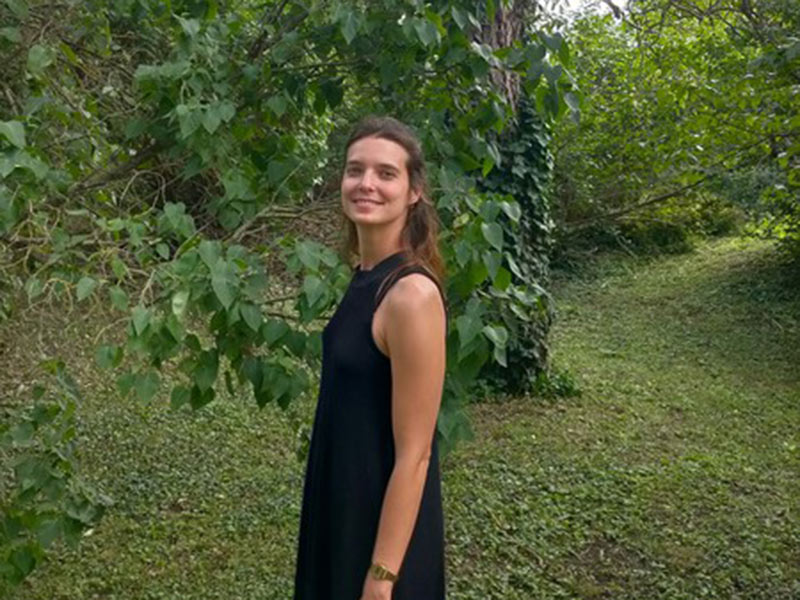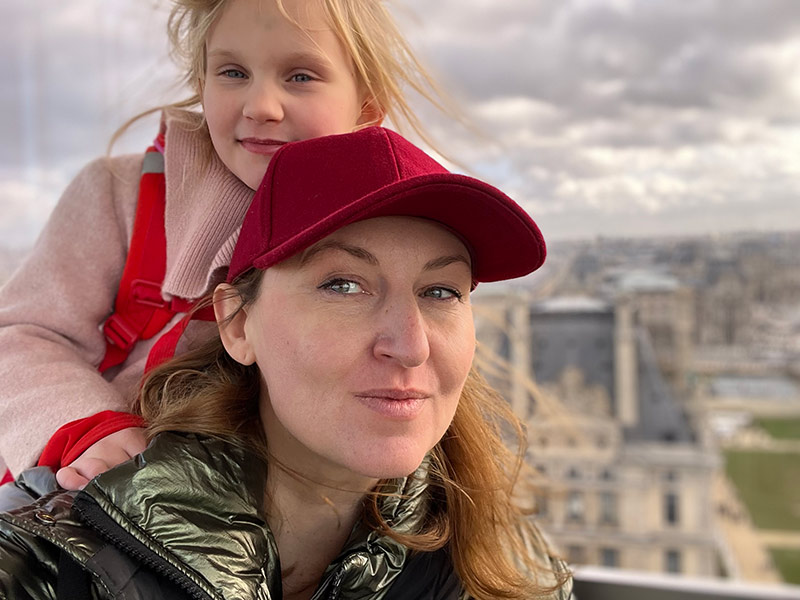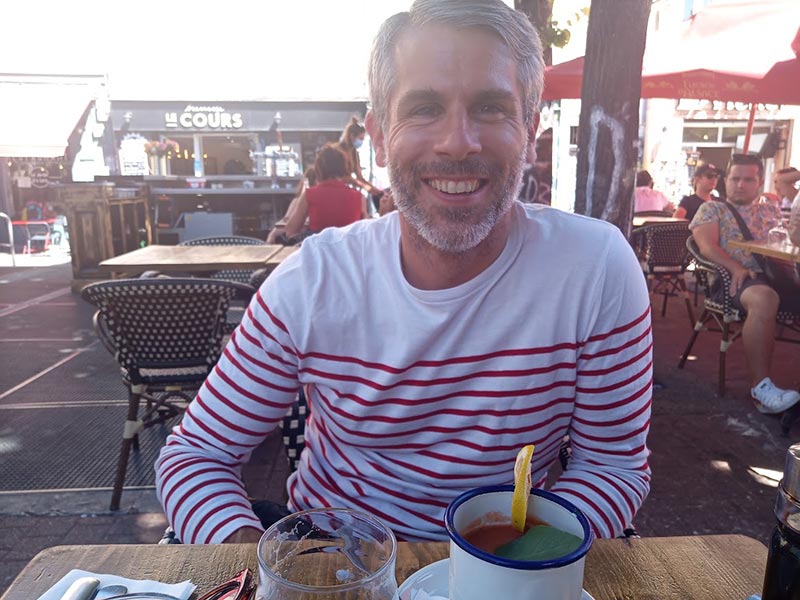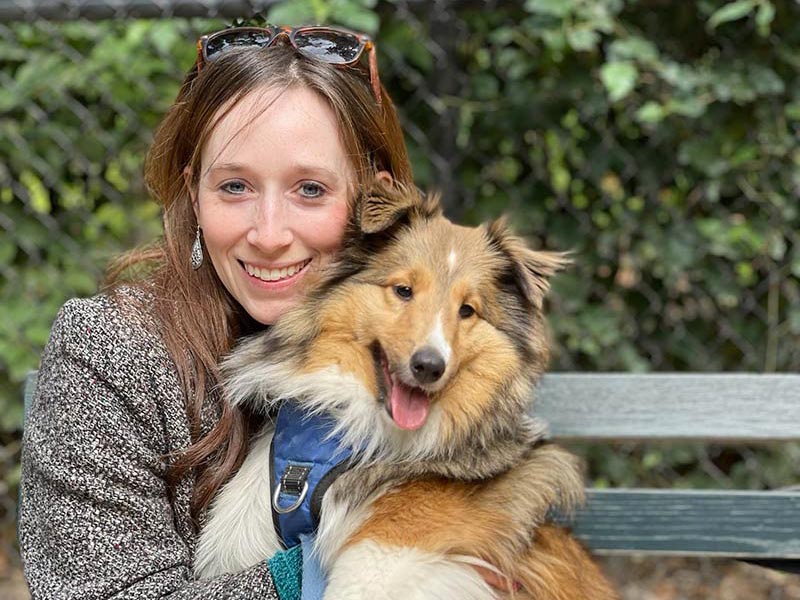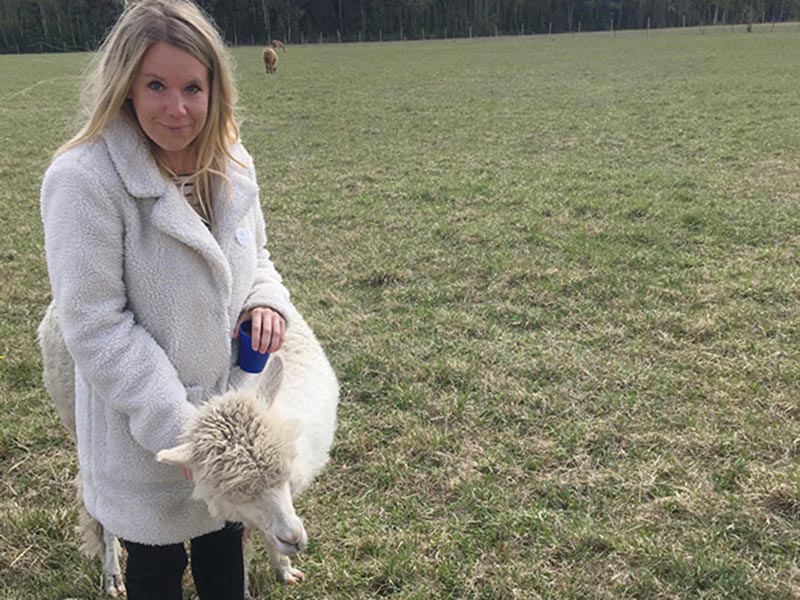
Authors
Inside BSR is our monthly series featuring BSR team members from around the world.
This International Women’s Day, we connected with Smita Nimilita, a HERproject Country Representative based in Bangladesh.

Tell us a bit about your background. Where are you from, and where are you based? What does a day in your life look like? What is your favorite hobby?
I was born, brought up, and am based in Dhaka—the capital city of Bangladesh. The city is densely populated, but I live in a nice neighborhood with parks and walkways. My typical day consists of three essential parts: morning tea, meeting my parents, and HERproject work.
I love traveling, although this has been disrupted by the COVID-19 pandemic. My last trip was in November, with extended family and friends around the coastal area of Cox’s Bazar, in Bangladesh. I am already planning my next trip!
How did you first get involved in gender equality issues? How long have you been working on HERproject? What is your current role, and what does that entail?
I have always been unpleasantly surprised by the stories of injustice and inequalities around me due to gender and social class. It was shocking to see that someone can be deprived of accessing basic human rights purely based on their gender. I believe that women, especially of a young age, are the ones who can act as an agent of change within the family and society at large.
I joined HERproject in 2017 and started my work with the HERfinance Digital Wages program in Bangladesh. After a year, I started working on other HERproject pillars as the Bangladeshi Country Representative. I lead the implementation and stakeholder management of all programs on the ground, which include managing HERproject staff, implementing partner NGOs, brands, suppliers, male and female workers, managers, other stakeholders such as program-specific market players, service providers, government and UN bodies. I also represent HERproject at events and seminars.
I am co-leading the Bangladesh workplace model design and the implementation of Empower@Work—a new collaborative effort by BSR HERproject, CARE International, Better Work, GAP Inc.’s P.A.C.E. program—with the goal of delivering a unified approach to women’s empowerment in global supply chains.
What are some interesting projects that you get to work on as part of your role at HERproject? What do you enjoy about them?
At HERproject, we keep women workers at the center of everything. Positive feedback and impact stories are what motivate me to improve. I am thrilled to share three notable programs that I enjoy working on:
Firstly, HERfinance Digital Wages has been an amazing journey. We started with a year-long struggle to onboard brands and suppliers, but within a couple of years, we have supported more than 150,000 workers in Bangladesh to digitize their wages along with financial capability training. After the program, 83 percent of female workers prefer digital wages, one in five workers started saving regularly, and women are making an average of eight transactions a month using their mobile money account. For more information, we have published a series of reports and training materials.
The second program that I am proud of is HERessentials. We launched the pilot in Bangladesh during the COVID-19 pandemic to support male and female workers by providing essential skills and knowledge through digital technology-based training. We have received many positive stories and feedback on the program from women workers.
Finally, we have re-launched the HERrespect program in Bangladesh, which aims to tackle violence against women in the supply chain. We are working on improving various aspects of the program based on our recent learning on the ground.
What issues are you passionate about and why? How does your work with HERproject reflect that?
I am passionate about being part of a society that has a place for people of all backgrounds. HERproject gives me the opportunity to do just that. I also enjoy collecting and sharing people’s stories because everyone has such unique journeys which inspire others. Through HERproject, I meet people from diverse profiles and backgrounds. Our team is truly global and we constantly learn and support each other.
As we celebrate International Women’s Day, how do you believe business can translate their gender equality commitments to meaningful action?
I urge business to take ambitious initiatives to support women in their supply chain. They have been unfortunately affected by COVID-19 and the future of work is risking their livelihood. Now is the time to translate strong commitments into action by coming together and taking impactful industry-wide action on the ground. Business need to consider gender equality and women’s empowerment as a cross-cutting issue, and become gender intentional in their policy and action.
BSR’s latest sustainability insights and events straight to your inbox.
Topics
Collaborative Initiatives
Let’s talk about how BSR can help you to transform your business and achieve your sustainability goals.

